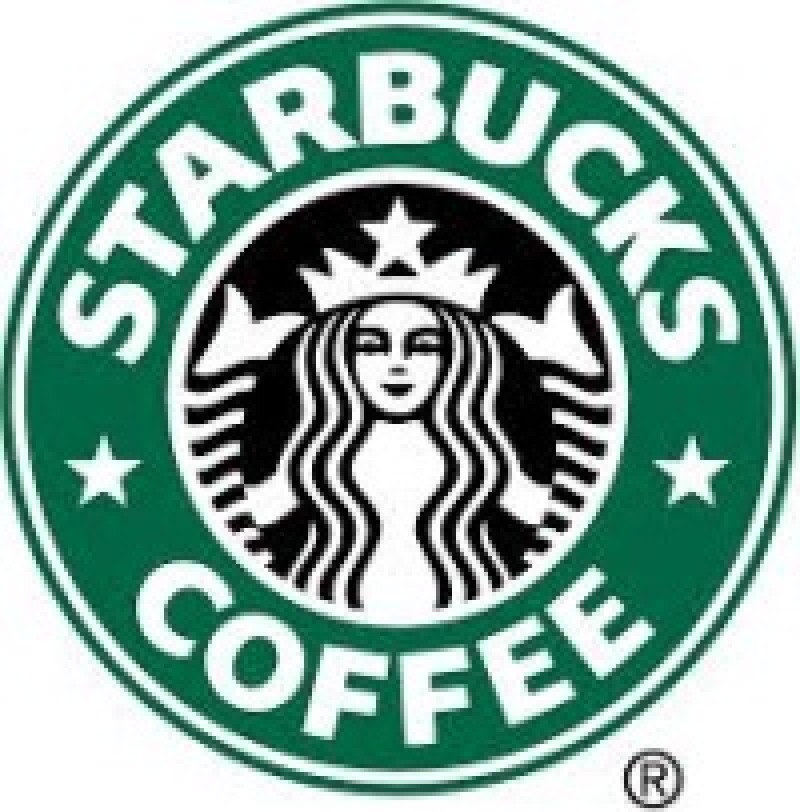
The retail unit, which looked like a regular Starbucks with the word “dumb” in front its logo and menu items, opened in a Los Angeles neighbourhood on Friday. In the end, local government bureaucrats got to it before Starbucks’ lawyers did – the store was shut down on Monday for not having a health permit.
The fiasco was a publicity stunt by Nathan Fielder, a TV comedian with a juvenile sense of humour and a poor understanding of trade mark law.
An in-store sign claimed the stunt was protected by “parody law”, an apparent reference to the parody defence, a subset of the fair use defence.
“We are simply using their name and logo for marketing purposes,” it read. “By adding the word ‘dumb’ we are technically ‘making fun’ of Starbucks, which allows us to use their trade marks under a law known as ‘fair use.’”
The store was giving away coffee rather than selling it. But non-profit uses can still be infringement and commercial gain doesn’t necessarily prevent a fair use defence from succeeding. The situation has obvious parallels with the Charbucks case, in which a small New Hampshire coffee producer launched its Charbucks Blend and Mister Charbucks products. By Wolfe’s own admission, the names are a “particularly direct and blunt” nudge to Starbucks’ “over-roasted” beans.
The Second Circuit rejected Wolfe’s parody defence, concluding that its Charbucks line “fails to demonstrate such a clear parody as to qualify.” But the court ruled that Wolfe did not create sufficient likelihood of confusion and dismissed Starbucks’ claims of trade mark infringement and dilution. In part, this was because the Charbucks blends were two of many products offered by Wolfe at its Black Bear Micro Roastery. The Second Circuit concluded that in the context of seeing the blends in Wolfe’s store, customers would not be misled about their source.
It is difficult to see how Dumb Starbucks would prevail if the same reasoning were applied, because the entire store is an attempt to replicate the Starbucks brand. For customers, the only obvious indication that Starbucks may not have opened the location is the word dumb.
Whether or not you agree with the Second Circuit about the success of the Charbucks blends as a parody, Wolfe can credibly claim it was an attempt at one given the local backstory. Slapping “dumb” in front of a company’s name doesn’t offer any meaningful criticism of the brand. And even if a court would have accepted Fielder’s dubious parody claim, his admission that he is merely exploiting the fair use provision as justification for tapping into the multinational’s marketing power destroys that defence.
Starbucks was more generous in its assessment of the stunt’s comedy value than I am.
“We are obviously aware of the Dumb Starbucks location in Los Feliz,” the store said in a prepared statement to various media outlets. “It is not affiliated with Starbucks. We are evaluating our next step. While we appreciate the humour of the store, they cannot use our name. It is a protected trade mark.”
But the saga may not be over. Fielder has announced he will open another coffee shop in Brooklyn, New York.
Dumb Starbucks fails on multiple levels – as a parody, in its understanding of trade mark law and (in my opinion, at least) as a joke. If anything, it serves as a (possibly unintentional) parody of the parody defence itself, but it is difficult to see why a comedian would be critical of a part of the law that many members of his profession rely on.









